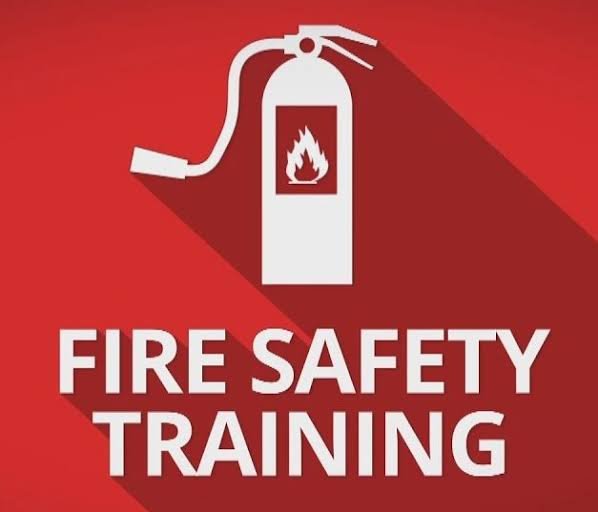The Role of Fire Alarms in Preventing Major Incidents
In any facility—whether it’s an office, factory, warehouse, or residential building—the importance of a fire alarm system cannot be overstated. Fire alarms serve as the first line of defense in detecting fire hazards and alerting occupants, often making the difference between a close call and a catastrophic event.
Early Detection Saves Lives
Fire alarms are designed to detect smoke, heat, or flames at the earliest possible moment. This early detection is critical because it provides precious minutes for people to evacuate the premises safely. In many incidents, fire alarms have been the key factor in preventing injury and loss of life.

Quick Response Time
Once activated, fire alarms immediately alert everyone in the area. Whether connected to a central fire system or not, the loud sirens and flashing lights act as immediate prompts for evacuation. In some advanced systems, alarms are also directly linked to fire departments, reducing response times drastically.
Preventing Property Damage
A delayed response to fire can result in significant damage to property, machinery, and infrastructure. Fire alarms allow for quicker response from emergency services, limiting the spread of fire and minimizing destruction. Insurance companies also often require certified fire alarm systems for coverage eligibility.
Supporting Emergency Planning
Fire alarm systems are integral to a larger emergency management plan. They support drills, inform risk assessments, and help define escape routes. In workplaces, regular fire alarm tests and drills ensure that employees are familiar with the evacuation procedures, making real emergencies less chaotic.
Compliance and Legal Requirements
In many countries, installing fire alarms is not just recommended—it’s legally required. Regulatory bodies like OSHA and NFPA (National Fire Protection Association) have set standards that organizations must follow. Non-compliance can lead to penalties, lawsuits, or even shutdowns.
Conclusion
The role of fire alarms goes far beyond just making noise in an emergency. They are life-saving tools, integral to safety culture, and crucial in minimizing the impact of fire-related incidents. Investing in a quality fire alarm system means investing in the safety of people, property, and operations.






